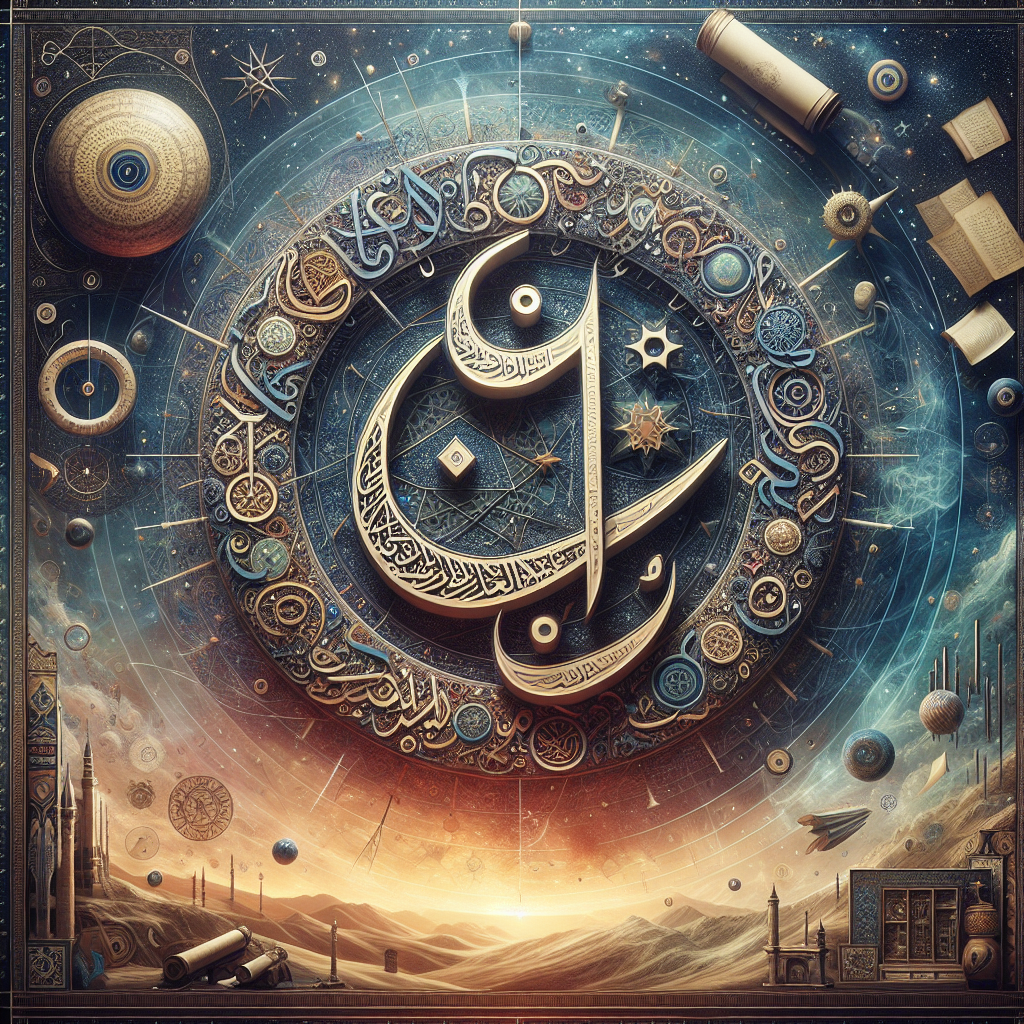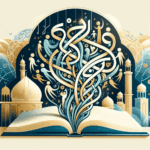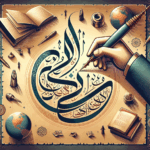The Influence of the Arabic Alphabet on World History 🌍
Hello, dear readers! Today, we’re diving into the fascinating world of the Arabic alphabet and exploring how it has played a pivotal role in shaping world history. From its origins to its impact on culture and science, the Arabic script has left an indelible mark on our world. So grab a cup of coffee ☕ and join me on this historical journey!
Table of Contents 📚
1. Origins of the Arabic Alphabet
2. Cultural Impact Through the Ages
3. Scientific Contributions and the Arabic Script
4. Modern Influence and Legacy
5. Conclusion
6. FAQs
Origins of the Arabic Alphabet 🏺
The Arabic alphabet, with its elegant curves and flowing script, traces its origins back to the Nabataean script. It evolved around the 4th century CE, primarily in the Arabian Peninsula. This script was not just a tool for communication but also a means of expression and identity. The beauty of the Arabic script lies in its ability to convey both the spoken and artistic traditions of the Arab world.

Cultural Impact Through the Ages 🎨
The spread of Islam in the 7th century significantly propelled the Arabic language and script across diverse regions. As the Islamic empire expanded, the Arabic alphabet became a unifying force, facilitating communication across vast territories. This led to a rich exchange of cultural practices, literature, and art.

Arabic calligraphy became a revered art form, adorning mosques, manuscripts, and public buildings. The aesthetic appeal of the script transcended linguistic boundaries, influencing artistic traditions in Persia, Turkey, and even Europe.
Scientific Contributions and the Arabic Script 🔬
During the Golden Age of Islam, from the 8th to the 14th centuries, the Arabic alphabet played a crucial role in preserving and advancing scientific knowledge. Scholars translated and expanded upon Greek, Persian, and Indian texts, making groundbreaking contributions in fields such as mathematics, astronomy, and medicine.
Did you know that the term ‚algebra‘ is derived from the Arabic word ‚al-jabr‘? This is just one example of how the Arabic script served as a vessel for scientific progress that would eventually reach Europe and ignite the Renaissance.
Modern Influence and Legacy 🌐
In today’s interconnected world, the Arabic script continues to be a significant cultural and linguistic force. It is used by over 420 million people across more than 25 countries. The script has not only survived but thrived, adapting to modern technologies and platforms.
From literature and music to social media and film, the Arabic script remains a vibrant part of global culture, influencing and enriching our shared human experience.
Conclusion 📝
The Arabic alphabet is more than just a collection of letters; it is a symbol of cultural identity, historical legacy, and intellectual achievement. Its influence on world history is profound, bridging the past with the present and inspiring future generations. Whether through its artistic beauty or its role in scientific discovery, the Arabic script continues to weave a rich tapestry of human history.
FAQs ❓
Q1: How did the Arabic alphabet originate?
A: The Arabic alphabet originated from the Nabataean script around the 4th century CE in the Arabian Peninsula.
Q2: What role did the Arabic script play in science?
A: It was instrumental during the Islamic Golden Age, preserving and advancing scientific knowledge in various fields like mathematics and astronomy.
Q3: How does the Arabic script influence modern culture?
A: It continues to influence global culture through literature, art, and digital media, remaining a vital part of the cultural identity for millions.
Q4: Why is Arabic calligraphy considered an art form?
A: Arabic calligraphy is appreciated for its aesthetic beauty and has been used historically to adorn significant cultural and religious texts and architecture.
Thanks for joining me on this exploration of the Arabic alphabet’s influence on world history. Feel free to share your thoughts or questions in the comments below! 😊





